AutoXing Robotics
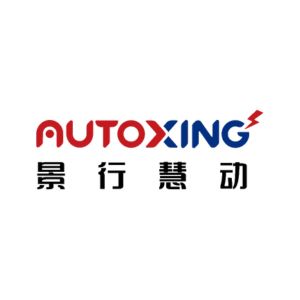
AutoXing develops intelligent delivery robots for industrial and commercial environments. Their autonomous robots navigate complex spaces like factories, warehouses, restaurants, and logistics centers, transporting materials and goods with centimeter-level precision. The robots can handle loads between 150-600 kg, integrate with existing management systems, and operate without requiring site modifications. These self-driving robots enhance operational efficiency by automating repetitive transportation tasks across multiple industries.
Moying Robotics
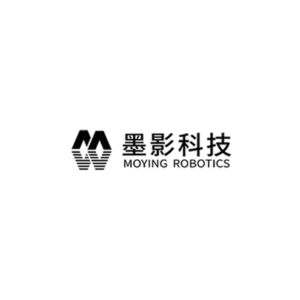
Moying Technology develops mobile collaborative robots for precision tasks in biotechnology, semiconductors, and electronics manufacturing. Their robots autonomously handle complex operations like unloading, assembly, and equipment management with high-precision capabilities. The company’s robotic systems reduce production expenses by up to 50% and can navigate tight factory spaces while performing intricate tasks without human intervention.
Burro
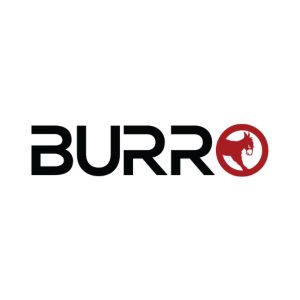
Burro AI develops autonomous collaborative robots for agriculture that enhance worker productivity. These robots use computer vision, GPS, and AI to navigate complex environments, carrying loads, scouting crops, and performing multiple tasks without requiring new infrastructure. Burro robots can follow workers, learn routes, and operate both indoors and outdoors, with capabilities ranging from transportation to data collection across various agricultural settings.
Cartken
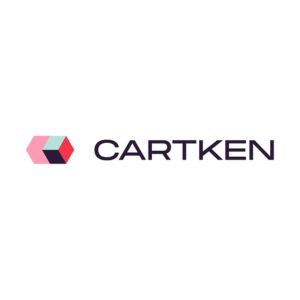
Cartken is a robotics company that develops autonomous delivery robots for transporting goods indoors and outdoors. Their electric robots navigate complex environments using advanced sensors and AI technology, enabling businesses to automate short-distance deliveries across various sectors like food, retail, manufacturing, and campus logistics. The robots can carry up to 80kg and operate efficiently in multiple settings, reducing manual transportation costs and increasing operational productivity.
American Robotics
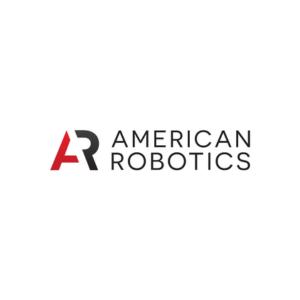
American Robotics develops autonomous drone systems for industrial, government, and defense sectors. Their Scout System™ and Optimus System provide fully-autonomous drone platforms that can plan missions, capture data, and operate continuously without on-site staff. The company specializes in cloud-connected smart drones that perform advanced asset monitoring, inspection, and data collection across industries like agriculture, energy, and infrastructure.
Waste Robotics
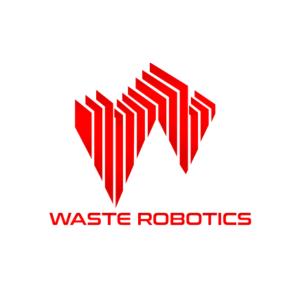
Waste Robotics develops intelligent robotic systems that transform waste sorting processes using advanced computer vision and deep learning technologies. Their robots efficiently sort various waste materials like construction debris, plastics, metals, and organic waste, enabling recycling facilities to improve sorting accuracy, increase operational efficiency, and enhance sustainability.
EpiSci

EpiSci is a company specializing in advanced autonomy solutions, focusing on the integration of uncrewed aerial systems and tactical fighter aircraft to enhance human capabilities in military operations. They develop software that facilitates collaboration between crewed and uncrewed systems, aiming to achieve superior air dominance and improve battle management command and control.
Energy Robotics

Energy Robotics develops advanced software that enables autonomous robots to perform industrial inspections in challenging environments like oil & gas, chemical, and power facilities. Their platform integrates a robot operating system, cloud-based fleet management, and AI-driven analytics, allowing robots to autonomously navigate and collect critical infrastructure data with precision. The software transforms raw inspection data into actionable insights, helping companies monitor assets remotely while reducing human risk and operational costs.
Relay Robotics
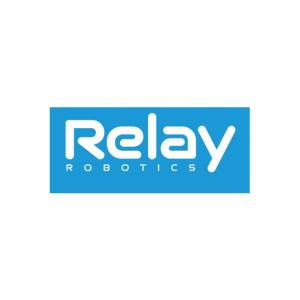
Relay Robotics designs autonomous delivery robots for hospitals, hotels, and commercial spaces. Their robots navigate complex environments independently, using advanced sensors to transport items like room service, medical supplies, and packages. The robots can operate elevators, move through crowded areas, and complete deliveries quickly and securely, reducing manual labor and improving operational efficiency.
Refraction AI
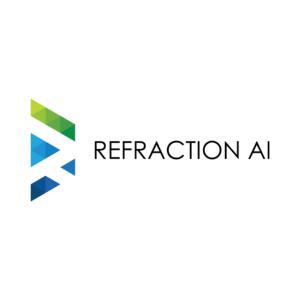
Refraction AI develops self-driving delivery robots that transport food, groceries, and retail items through urban environments. Their lightweight REV-1 robot operates autonomously using advanced sensor technology, traveling in bike lanes and roadways to provide contactless delivery. The robot can carry up to five grocery bags, moves at 10-15 miles per hour, and reduces delivery costs and carbon emissions compared to traditional delivery services.
